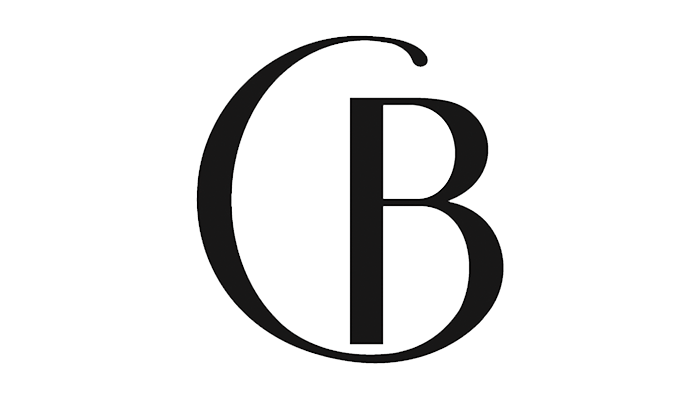While we believe that the books and resources recommended may be of value to you, keep in mind that these are suggestions only and you must do your own due diligence to determine whether the materials are appropriate and suitable for your use. PNC has no sponsorship or endorsement agreement with the authors or publishers of the materials listed.
ALL ABOUT ME

Body Bubbles
Children will explore basic movement concepts.

Lesson Objective
Children will learn about how to coordinate, move, and balance their bodies in open space.
Art
What You'll Need
- Large space – enough for children to move safely without touching each other
- Audio device – for playing music
- Hoops – 18" in diameter; 1 per child, plus 1 for each teacher
- Music – any movement music (see Lesson Tips for suggestions)
What To Do
Note: Prior to start of the lesson, familiarize yourself with the movement directions in the lesson.
- Tell the children they will be exploring basic dance movements to music.
- Discuss with the children the important rules of dance lessons (see Lesson Tips).
- Introduce the concept of self-space (see Vocabulary).
- Lead the children in marking their self-space with a rhyme: Arms in front/Open wide/This is my self-space inside.
- Introduce the steps of the warm-up:
- Breathing – take several deep breaths in and out slowly.
- Touch – Using gentle energy, tap/tickle your skin all over the body (arms, shoulders, belly, legs, etc.).Then, using stronger energy, squeeze all over your body to wake up your skin and senses.
- Get Moving – Do several movements that will get the blood flowing. Some examples might be jumping, running in place with high knees, swinging arms or kicking legs, and jumping with legs crossed and then open.
- Explain to the children that with the next set of movements, they will put a spark of energy into their heads and help it travel down through their bodies.
- Give the children the following non-locomotor directions as you perform each movement together:
- Twist your head from side to side.
- Raise your shoulders up and down.
- Bend and straighten your arms.
- Circle your wrists.
- Wiggle your fingers, and then put the spark of energy into your back.
- Bend your back forward and side to side.
- Wiggle your hips around and around.
- Bend and straighten your knees.
- Circle your ankles.
- Wiggle your toes inside of your shoes.
- Reach and grab the energy from your feet and let it out into the air!
- Distribute the hoops, and have the children hold their hoops around their middles to represent their self-space bubble. Queue up the music selection that you chose for this activity.
- Tell the children that when the music plays, they will move through the empty spaces following your directions, in their own body bubble, without touching anyone else’s bubble. When the music stops, they should put their hoops down on the floor around them and freeze.
- Play the music, and call out locomotor movements such as walking, marching, galloping, tiptoeing, etc., moving with the children as they move throughout the space.
- When the music stops, choose one of the non-locomotor movements for the children to do within their hoop space.
- Continue changing movements throughout the musical number, and then wrap up the session with some cool-down movements. These can be any kind of slow, calming movements.
Resources
Home School Resources
Home educators: use these printable lesson PDFs to teach this lesson to your home schoolers. They're available in English and Spanish.
Content Provided By
Common Core State Standards Initiative – These lessons are aligned with the Common Core State Standards ("CCSS"). The CCSS provide a consistent, clear understanding of the concepts and skills children are expected to learn and guide teachers to provide their students with opportunities to gain these important skills and foundational knowledge [1]. Visit the CCSS


